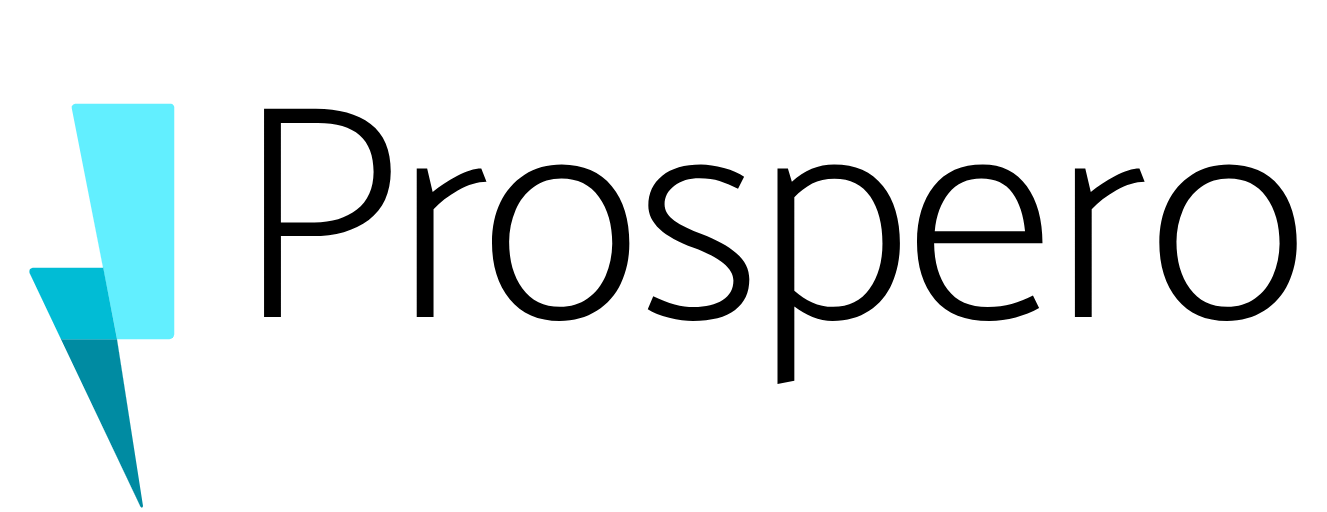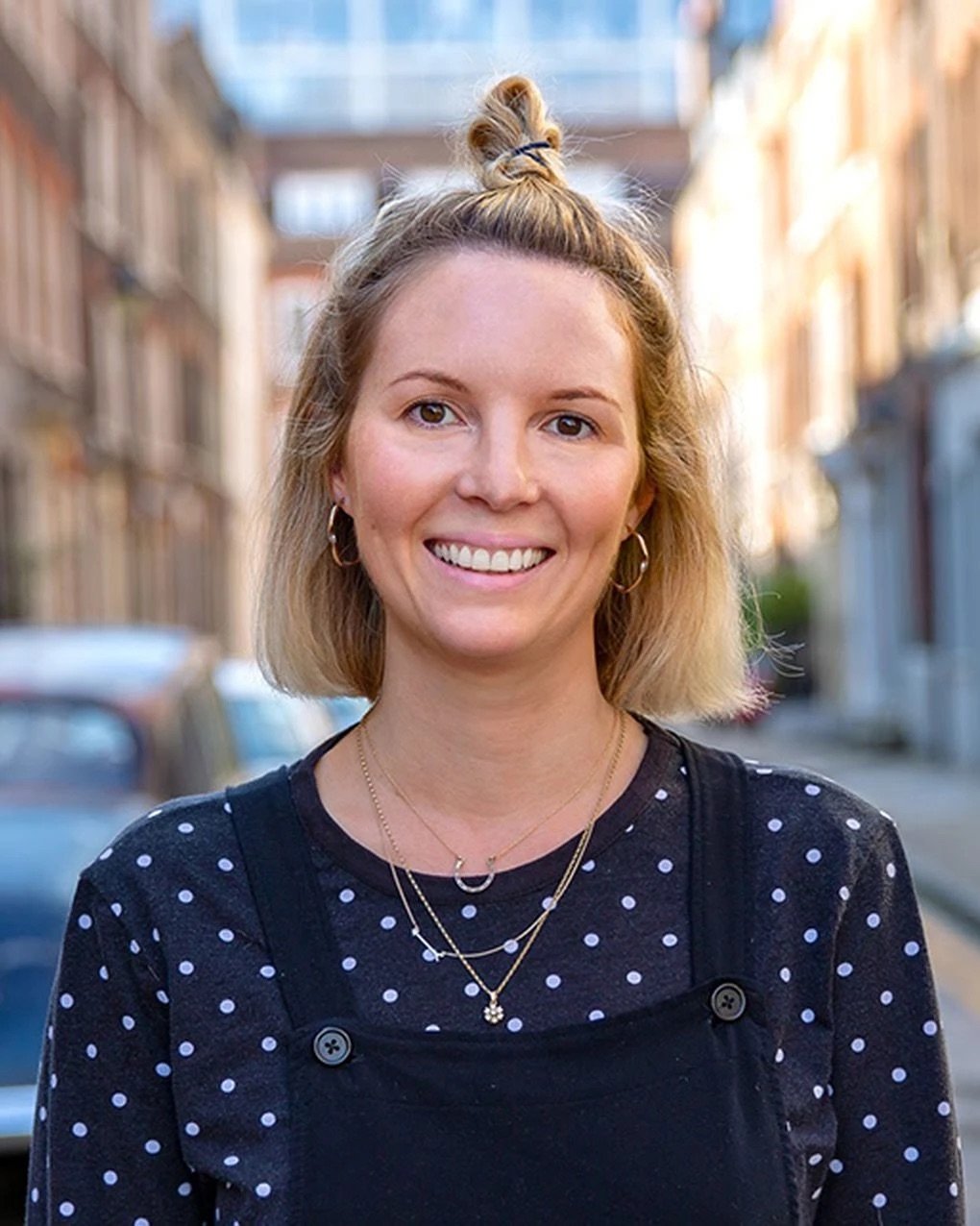Tips & Advice with Anna Woolf: What Does it Mean to be a Digital Creator?
Anna Woolf
An interview with Anna Woolf, the Director of London’s Arts and Health, shares her experience within the industry of Applied Arts and Theatre-Making in the 21st century.
Anna is also a PHD candidate at Royal Central School of Speech and Drama, her research examines socially engaged and participatory art, health and applied theatre in relation to teenagers suffering from the very complex autoimmune disease, Juvenile Idiopathic Arthritis.
Today Anna will be sharing her experience in the sector alongside some insights and advice in being a digital creator in our evolving contemporary landscape.
Today’s Blog is going to continue our Interview’s By Audio Project: Listen to whatever intrigues your creative palette.
Below you will find the interview is broken up into bitesize chunks, Enjoy!
My Names Anna, I’m currently working at a charity called London Arts and Health where I am the Interim Director, we are charity that offers sector support, our mission and aim is to support and uplift other organisations, practitioners and freelancers across London, working in the field of arts and health.
But on the side, I also have a career as a freelance applied theatre practitioner. My practice is about filmmaking, digital storytelling & exploring media and transmedia narratives and into a kind of workshop setting/scenario working with real-world participants.
So, something I have been doing for a while now is my PHD at Royal Central School of Speech and Drama. I’m looking at digital applied theatre storytelling with young people with invisible chronic illness. Two weeks ago I was at the Unicorn Theatre, which is next to London Bridge (it’s a brilliant brilliant venue). I had seven participants, seven young people who have juvenile idiopathic arthritis. I’m very passionate about Health, but I’m also very passionate about digital practice. So we used Tik Tok to generate digital stories to create short-form performance content about there lived experiences.
Before that I had a career for 10 years where i worked in youth marketing: I worked for Disney, I worked for the BBC. I worked for loads of different kinds of broadcasters and publishers and kind of got under the skin of how big companies market things to young people and how they develop tastes and respond to trends. Understanding how young people consume but also how they can produce their own narratives.
Just before the pandemic i was pregnant with my second baby and i went to the storytelling for health conference, which was in Swansea. I actually won the post-graduate prize for the best innovate research. I felt like I was very early in my PHD and I was literally about eight months pregnant but I felt really validated and that my ideas were valid.
At the beginning of the pandemic i worked with an organisation called Peer Productions, headed up by a brilliant PHD student and fellow colleague called Nina Lemon. We worked on a project that was created on Prospero called 50 Day’s Alone Together. It’s about a group of young actors who were devising a play about these characters doing their A-levels. It explored lots of different themes including mental health, substance abuse, relationships, all things teenagers could relate to during the lockdown.
You need tools that speak your language and I think that’s what Prospero does really well. It feels like a tool for creatives. It feels like you can embed the kind of nuances of your participatory project or whatever the offer is that you’re making in the software and I really appreciate that because it’s like there’s a shared language there already. That’s really exciting and not overwhelming, and it’s accessible and that’s what really good tech solutions for creative people should be about.
At London Arts and Health we are an Arts Council NPO, that means we’re core funded by Arts Council England. We are a sector support organisation, so we’re not doing so much delivery with participants or people in health settings, but we’re supporting the organisations and freelancers who do that work. We offer training, networking and we also do a bi-weekly newsletter that contains all kinds of jobs and opportunities across London. We also run a festival called Creativity and Wellbeing Week, this happens across the whole of the UK.
I think methodologies and practices really need to relate to the people that you’re working and need to be embedded relationally to their experiences and their needs. Often because of the young people that I work with, that’s a very digital methodology but that’s not always the right way/thing to do.
The art should never be in service to the health, they need to kind of coalesce together.
I think it’s a great time to be an emerging artist or practitioner in the field because there is so much innovation, there are organisations like C&T that can really actually hold and facilitate and nurture original ideas and that’s really exciting.
There’s a lot more emphasis and good work being done around diversity and inclusion of people and practices. Obviously there’s a lot more to be done, but iI think the future of the sector is really bright.
To keep up to date with Anna follow her on socials.
If you’re a digital creator looking to collaborate and expand further within the Health and Arts sector
Then check out there Website!


